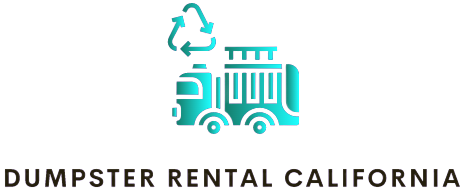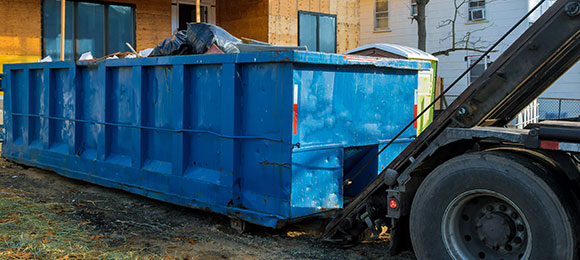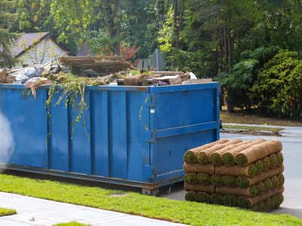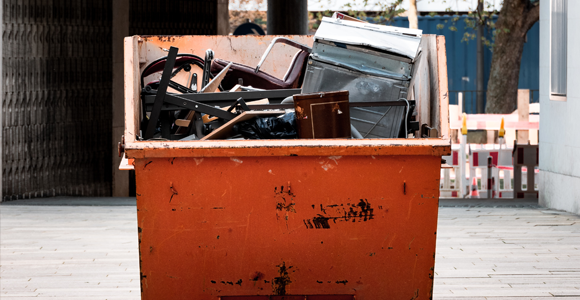The legislative dimension contributes fundamentally in the definition of how a society will deal with its waste, but especially garbage disposal and recycling. Regulation of waste management in California involves a series of federal environmental controls and regulations and state laws passed to manage hazardous materials, junk & recyclable wastes.
In addition to describing how waste must be managed these laws also promote material recycling as a way of decreasing the impact on the environment. To cope with increasing rates of consumption and production, the state has had to institute a number of laws that have evolved over time to protect the environment by attending to waste management.
The Renewed Focus on Waste and the Evolution of Waste Legislation
Waste disposal in California, particularly in the early 20th century, frequently proceeded in a very ad hoc fashion with little concern for the environmental consequences of dumping and incinerating various byproducts.
Waste was mainly thrown into landfills, and compliance regulations were nonexistent. Nevertheless, with the growth of industrialization and the spread of urban centers, waste began to accumulate. As a result of the increase in landfills, incineration technology and improper disposal methods individuals experienced a range of issues including health problems, which eventually felt forcing governments to deal with the issue.
Following the Clean Air and Water Acts, the Solid Waste Disposal Act of 1965 would become the first piece of far-reaching legislation to specifically address waste disposal on a Federal level.
It acknowledged the need for effective garbage removal and further regulations. The Hazardous and Solid Waste Amendments (HoSWA) of 1984 further changed the law, allowing for more stringent standards for waste disposal, such as those involving hazardous materials, to be set by the federal government Resource Conservation and Recovery Act (RCRA). Under RCRA, all waste, even junk was to be managed and disposed of in a manner that safe guards human health and the environment. It also promoted waste minimization, recycling, and resource recovery.
The EPA involvement
The Environmental Protection Agency (EPA) created in 1970 also helps perform waste management laws. The EPA is tasked with enforcing and setting the standards for policies under the RCRA and other related laws. Federal officials have issued guidelines for state and local authorities on handling municipal solid waste (MSW), a broad category of trash that includes household goods, abandoned home appliances and worn-out furnishings.
EPA’s policies were designed to discourage wasteful disposal practices and promote recycling and re-use programs.
For example, through the WasteWise Program, EPA works with businesses, local governments and nonprofit organizations to reduce waste, recycle more and save money! These efforts showcase the government’s dedication to rubbish removal and recycling methods that are good for the environment.
Legislation and Innovation in California
Federal laws have certainly established a framework, but when it comes to creating waste management and recycling rules that most directly affect the construction sector, state governments are the primary actors. California, for example has enacted more aggressive measures to tackle trash disposal and recycling.
Waste management and dumpster rentals, especially in California has been really out there and quite advanced. Enacted in 1989, the state law set a goal of diverting 50% of solid waste from landfills by recycling, composting and other means, and it required trash haulers to take steps toward reaching that mark. The law also sets cumbersome targets for municipalities and enforces them with draconian penalties.
The Waste Bans Program prevents landfills and incinerators from accepting certain types of waste, including appliances, metal and others that are easily recycled. The bans are in place to ensure that these valuable materials are recycled and not taken to the rubbish tip as junk. California has also put a bill into place, one of the first bottle deposit laws in the country that provides a financial motive for recycling beverage containers.
State efforts are commonly replicated at other levels of government such as a city like Modesto. They often target the unique environmental issues each state has; thus, states have a chance to come up with their own innovative ways on waste disposal and recycling mechanisms.
Difficulties and Opportunities for Improvement in Waste Management
However, as pieces of legislation continue to progress the battle with regards to controlling waste disposal and recycling (USA) problems is not over. The uneven enforcement and discipline of laws between states is a major issue. Some states require strict recycling, while others don’t have effective systems, but in the end that can create poor management of junk throughout the country. That difference often means those areas with infrastructure to recycle will continue using landfills and incineration, she said.
Another one is e-Waste this popular category of junk includes both declared electronics such as used smartphones, computers, and televisions, sometimes discarded in dumpster rental services. This includes a bunch of nasty heavy metals that can leach out of it and hurt people (and the environment) if you just chuck your old iPhone into a landfill. Although some states, like New York and California, have enacted electronic waste recycling laws locally, there is no federally mandated e-waste recycling law in the US and laws are fragmented across the country.
Worse, the flood of single-use plastics and un-recyclable packaging that now dominate our lives have introduced a born-free-yesterday form of rubbish which was overwhelming. While some states are working towards banning plastic bags and straws, there is still a necessity to provide more inclusive laws to combat the climbing issue surrounding these plastics.
Directions for Future Legislation
In the future, it is expected that stricter legislation on junk disposal and recycling will be introduced across the nation. An avenue is the deployment of extended producer responsibility (EPR) laws that demand manufacturer liability for product disposal and recycling. EPR programs could make a big dent in the costly burden now carried by local governments and their taxpaying citizens, who currently pay most of the bills for managing trash disposal and recycling.
In addition, federal legislation that establish a national recycling standard can address the disparity in states and make certain all Americans are provided with an access to reliable recycling programs. The benefit here is twofold — not only does this keep waste out of our landfills, it promotes a more circular economy where materials are kept in use and out of the landfill.
How junk removal and recycling are legislated in the U.S. matters a lot.
Since the days of simply taking what you want to throw away 500 yard off shore, we have come a long ways in creating federal and state laws regarding waste. But that work remains incomplete, and in truth there is much to be regulated and managed as the mountains of rubbish grow ever larger. By fostering innovation and working together to create legislature that prohibits the pervasive production and disposal of single-use plastic, the U.S. will see positive changes when it comes to waste and recycling issues going forward.



